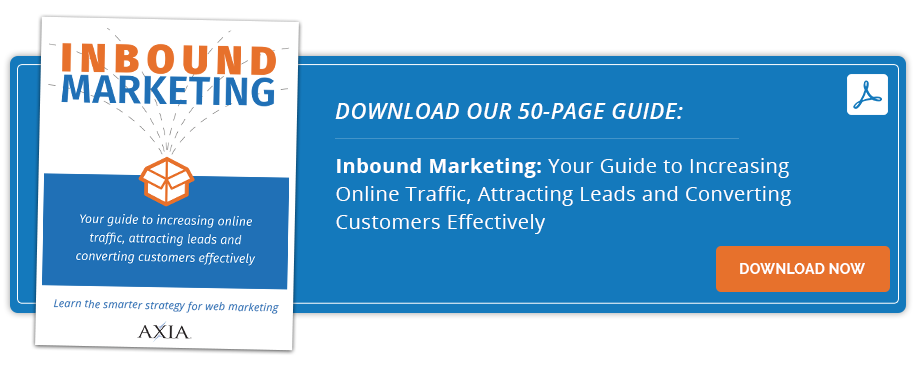Make your website content “findable” to you and your customers with content tags
 With increased content production, there’s a growing concern for content searchability among users and content managers. Content tags are a means to combat this issue.
With increased content production, there’s a growing concern for content searchability among users and content managers. Content tags are a means to combat this issue.
The phrases in a Content Management System (CMS) that group similar content pieces together in a web publication are called content tags. It’s an ideal solution to ‘label’ and classify content, making it easier to search, follow, and group multiple topics. These tags streamline content management for organizations to find and use the content as and when required.
What are the content tags used for?
Content tags are meant to structure and index your website content while improving its usability. They help users to navigate through your website and find more relevant content about a specific topic. Here are a few more uses of content tags.
Enhance user experience
Content tags allow you to organize, filter, and relate your website content for the users. When they look for a particular topic, these tags can help them locate other related information quickly. This improves user experience on your website, leading to increased activity.
Generate tag clouds
Tag clouds are a collection of content tags grouped according to their popularity and emphasis. These tag clouds help organizations understand customer interest and engagement to gain a better understanding of their audience.
Increase content searchability
Content tags make it easier for users to find your content on the website. If they fail to locate the desired content, they will bounce back to your competitors. Hence, organizations must have a proper tagging structure to provide convenient access to their audience.
Create strategic content
Structuring content into different tags like buyer persona, industry, and geographic region product line can help sales teams educate potential customers with relevant content. This strategy can help users walk through the preferred funnel.
Content tags benefit organizations generating massive amounts of content by classifying it into relevant categories. At Axia Public Relations, our team creates custom tagging lists for you to choose your content tags and improve the performance of your blogs.
Get in touch with us today to discuss your content tagging structure.
Topics: SEO, online public relations, web design & development


Comment on This Article